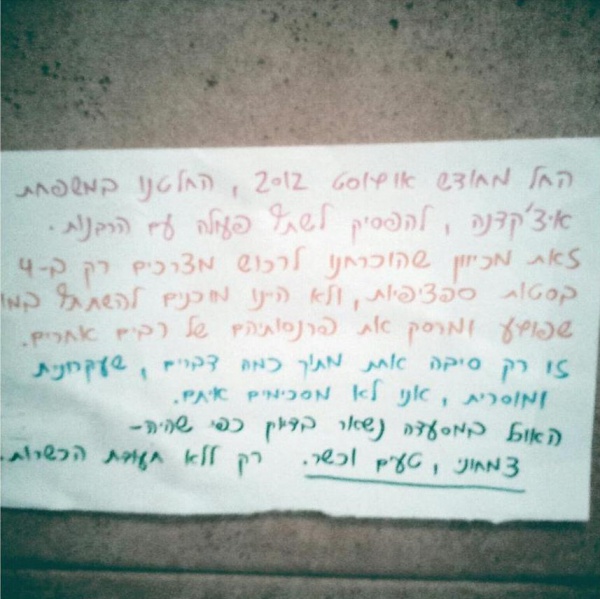Facts About Alternative Kosher
In Israel, particularly in Jerusalem, there's an emerging trend among restaurants known as "Alternative Kosher." Instead of obtaining kosher certification from the traditional Israeli Chief Rabbinate's Kashrut, these establishments are opting for certification from other organizations. The primary reasons? Many restaurant owners believe the Chief Rabbinate overcharges and enforces overly stringent interpretations of Jewish law.
The situation took a notable turn in 2012 when the owner of Ichikidana, a Jerusalem restaurant, resisted new requirements imposed by the Chief Rabbinate's Mashgiach Commissioner. This resistance led to the creation of a Facebook group for restaurants declaring themselves "Kosher with No Certification."
Rabbi Aaron Leibowitz then initiated the "Hashgacha Pratit" project, aiming to provide a "New Kosher model" to challenge the Chief Rabbinate's monopoly. The movement gained significant traction, and following a petition from two restaurant owners, the Israeli Attorney General made a groundbreaking decision: restaurants could now present alternative kosher certificates to their customers.
However, there's a caveat. Although these certificates are legitimate, restaurants cannot advertise themselves as "Kosher." Instead, they must describe their status as holding an alternative kashrut certificate. This nuanced but critical change has created new opportunities for eateries that wish to adhere to kosher standards without involving the Chief Rabbinate.

 Jordan
Jordan